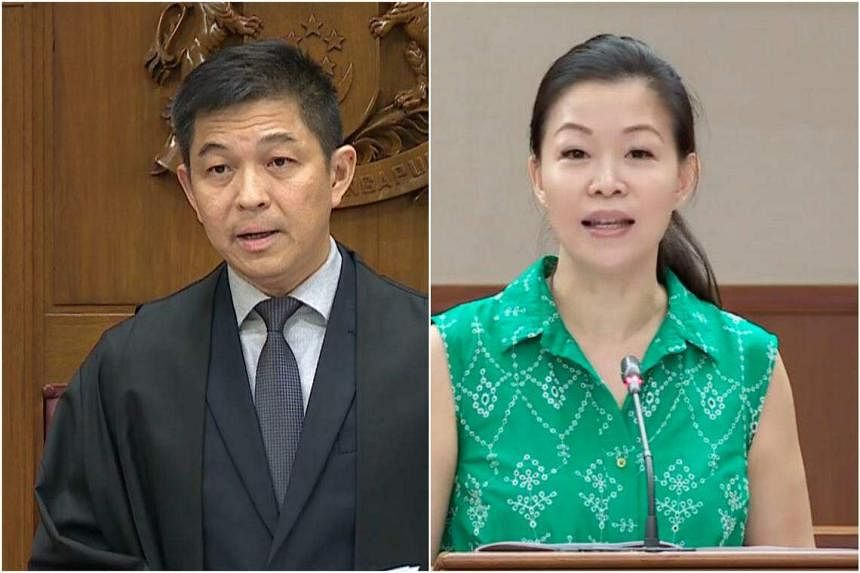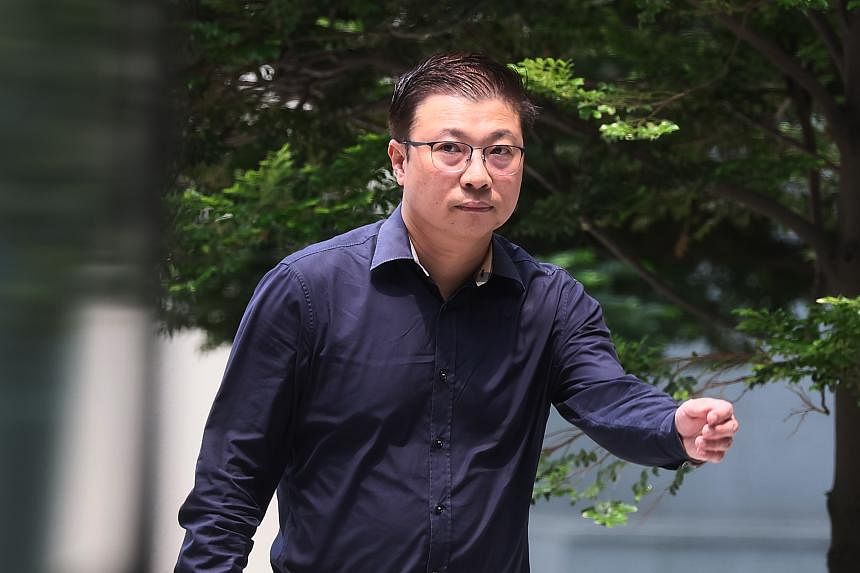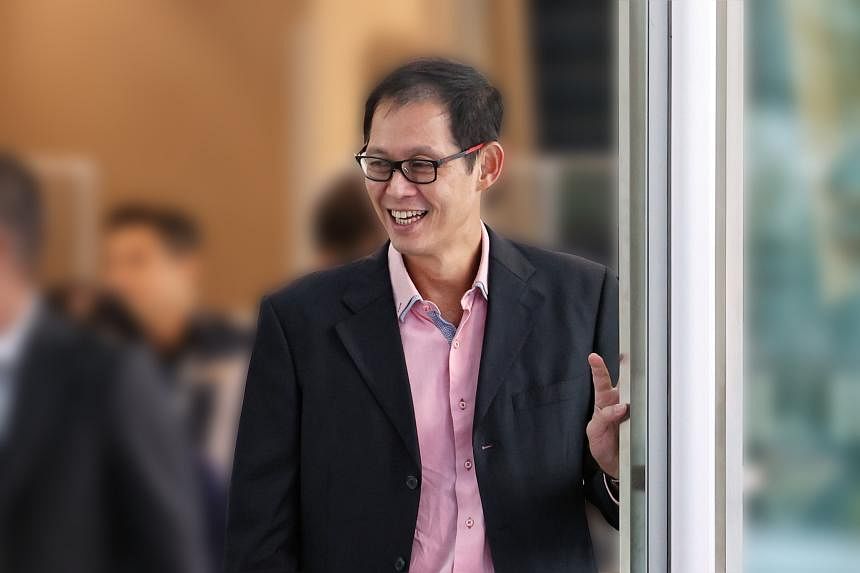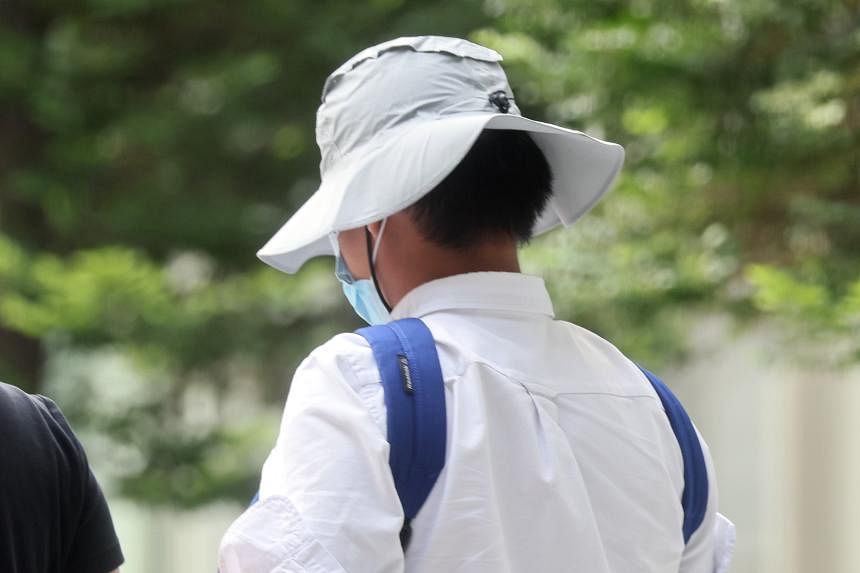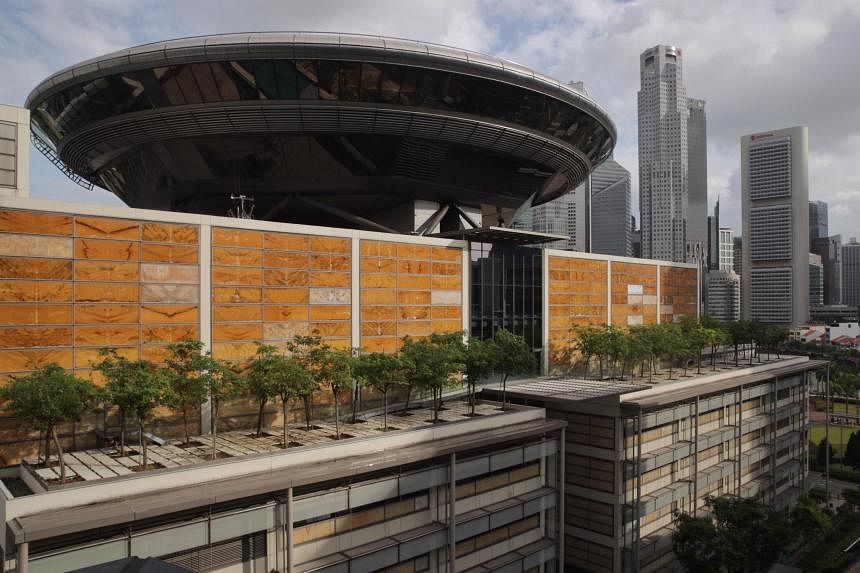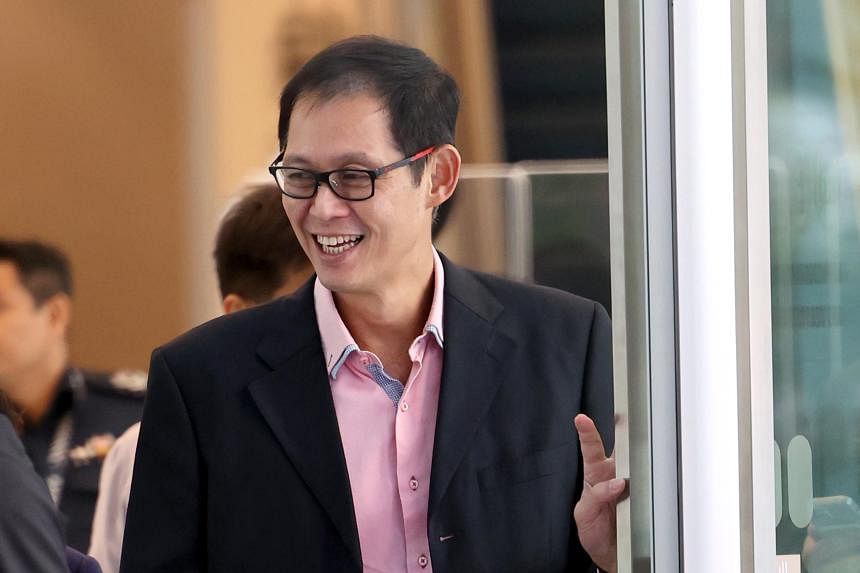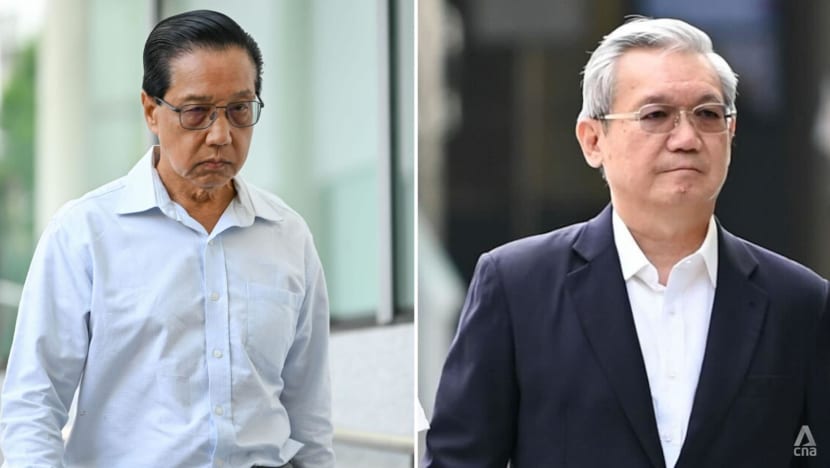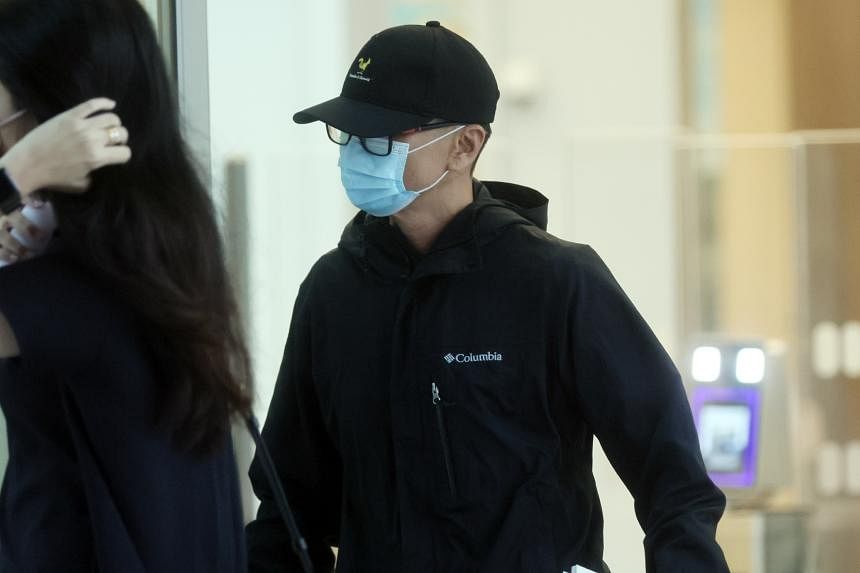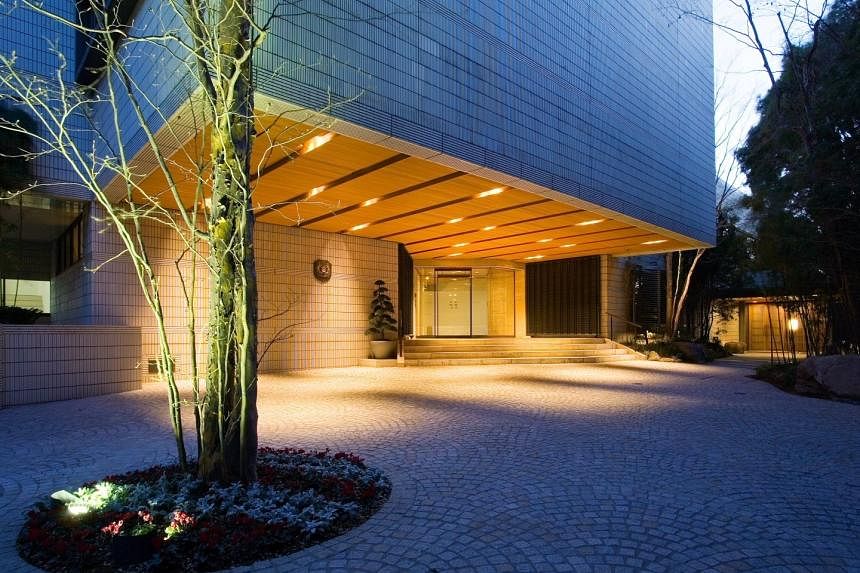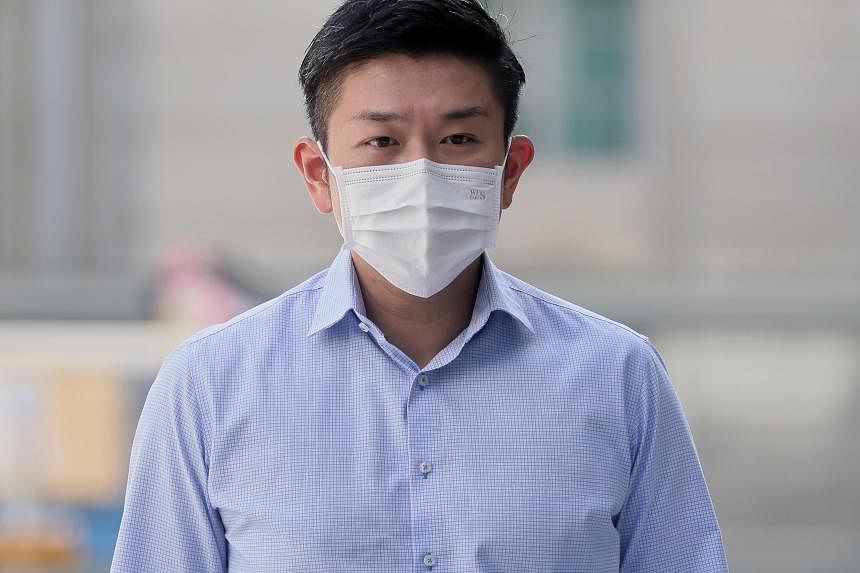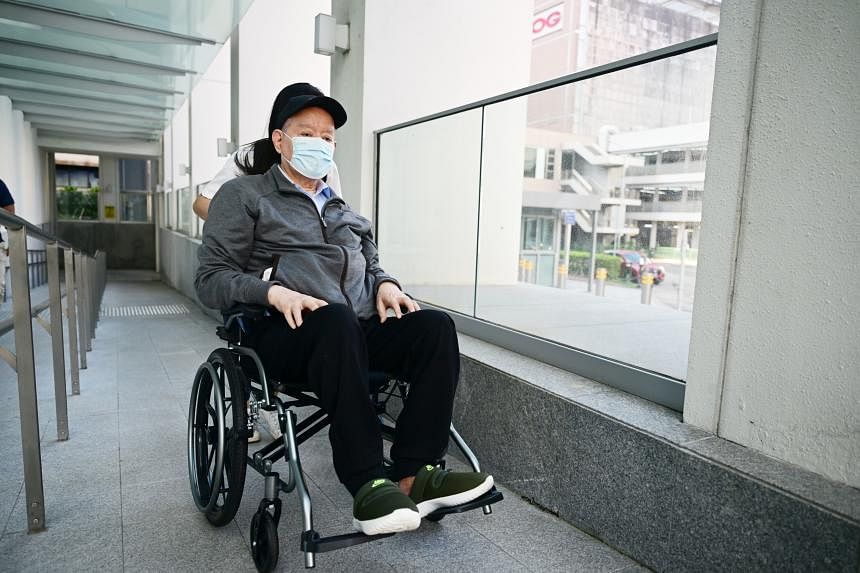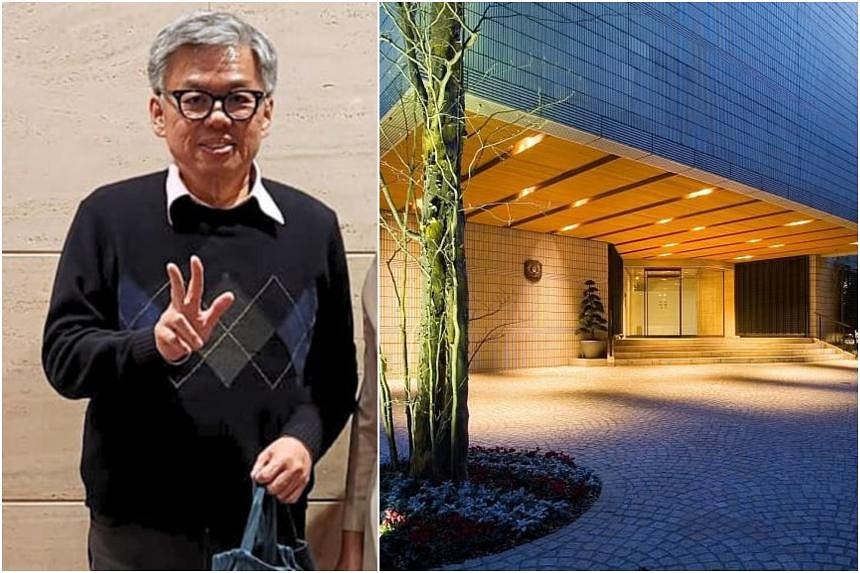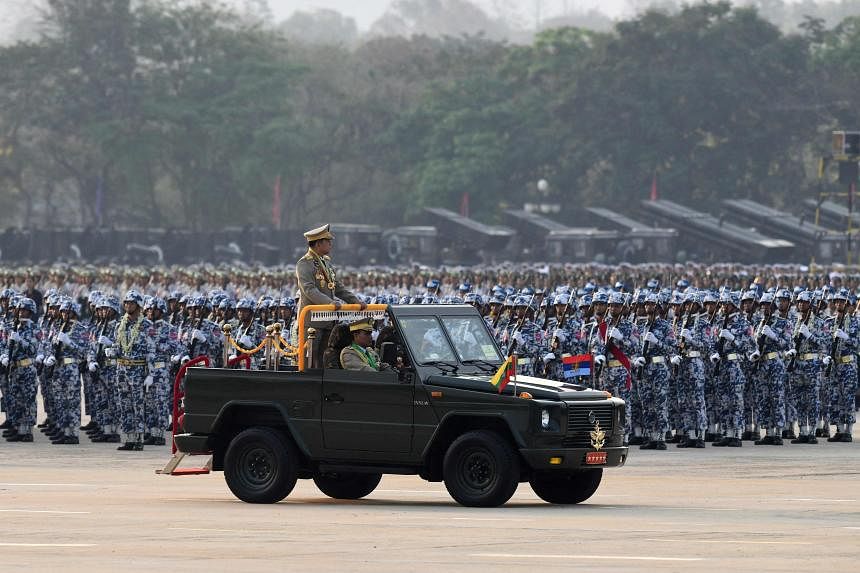- Joined
- Jul 25, 2008
- Messages
- 13,800
- Points
- 113
Kwa Kim Li fined $13,000 after being found guilty of misleading Lee Hsien Yang and sharing confidential information with PM Lee without LHY’s consent

May 10, 2023
By Jewel Stolarchuk
Lawyer Kwa Kim Li was found guilty of making the false and misleading representation that Mr Lee Kuan Yew had never instructed her to change his will
A disciplinary tribunal has fined senior lawyer Kwa Kim Li a total of $13,000 and ordered her to pay Lee Hsien Yang (LHY) close to about $21,000 in costs and disbursements after finding her guilty of misconduct unbefitting an advocate and solicitor.
The ruling was released on Friday (5 May) and represents the latest development in the ongoing dispute between founding Prime Minister Lee Kuan Yew’s (LKY) children. The feud erupted following disagreements about the late elder statesman’s will and his desire to have their family home at 38 Oxley Road demolished after his death.
Ms Kwa Kim Li, who is Mr Lee’s wife Kwa Geok Choo’s niece, has played a central role in the saga as Mr Lee’s solicitor.
On Friday, she was ordered to pay $8,000 after being found guilty of making the false and misleading representation that LKY never instructed her to change his will dated 2 Nov 2012.
She was also found guilty of misleading LHY and Dr Lee Wei Ling (LWL) by omitting to disclose her communications with LKY between November 2013 and 13 Dec 2013 in response to their enquiries.
On top of this, Kwa was found to have breached confidentiality by sharing documents with LKY’s eldest son and current Singapore Prime Minister Lee Hsien Loong (LHL), without the consent of LHY and LWL, the executors and trustees of their father’s will. She was charged with a $5,000 penalty for this.
The acts amount to misconduct unbefitting an advocate and solicitor as an officer of the Supreme Court under section 83(2)(h) of the Legal Profession Act.
As the disciplinary tribunal found the harm committed by Kwa’s misconduct to be “low” and her culpability being “low to medium,” it ordered Kwa to pay penalties that it found to be “sufficient and appropriate to the misconduct committed.”
The tribunal also ordered Kwa to pay LHY costs in the sum of $12,000 and disbursements in the sum of $9,182.29.
The findings of the tribunal
The tribunal assessed two charges the Law Society and LHY brought, respectively.
The Law Society charged Kwa with knowingly disclosing confidential documents and information to LHL without the consent of the executors of the estate. The confidential information Kwa shared with the PM includes five previous wills, email trails between LKY and herself, and explanations for why LKY changed his previous wills.
Kwa admitted to the facts set out in this charge and admitted that these facts amounted to misconduct unbefitting of an advocate and solicitor. She, however, said that this is a breach of confidentiality of the lowest level as LKY would have wanted her to share the information with his children.
She added that she released the confidential information to LHL out of deep loyalty to her uncle, even though he did not specifically instruct her to do so.
The tribunal accepted that there is no evidence suggesting that Kwa was acting with any improper motives. It noted that she had a close personal relationship with her client and his children, who are her first cousins, with whom she grew up.
It, however, noted that it would have been clear to Kwa that she was dealing with sensitive family issues and that she should have acted strictly within her professional boundaries and exercised care and caution. The tribunal said that her misconduct was “her failure to scrupulously safeguard” LKY’s confidentiality.
Meanwhile, LHY, as the complainant, charged Kwa with misleading him and his sister by omitting and/or otherwise failing to disclose her communications with their father between November 2013 and 13 December 2013 in response to their enquiries.
She was also accused of making the false and misleading representation that LKY had never instructed her to change his will dated 2 November 2012.
The two emails that are the subject matter of LHY’s charge were sent by Kwa on 4 June 2015 and 22 June 2015.
The tribunal found that LHY and LWL’s email to Kwa on 3 June did not require reference to the Nov/Dec 2013 communications between Kwa and their father when she replied on 4 June. Based on the evidence it heard, the tribunal said it does not find the charge regarding the 4 June 2015 email to be made out on the facts.
The tribunal, however, found that Kwa did mislead LHY in her email on 22 June.
This time, the email LHY sent to Kwa clearly sought information on what she discussed with his father in Nov/Dec 2013.
LHY and LWL wanted to know the background that led to the signing of Will No. 7. Between Nov/Dec 2013, LKY had several discussions with Kwa about the changes he wanted to make to his will.
Specifically, LKY wanted to share the increase in value of 38 Oxley Road upon any degazetting to be shared equally between his three children instead of having it be retained by LHL, who was to be bequeathed the Oxley property.
He also wished to give all three children equal shares, and Kwa stated that she would prepare a codicil to affect his wish for his signature that week or when he was ready. She added that she had “some thoughts” on the Oxley Road property and would call LKY later that day.
On 13 Dec 2013, LKY sent another email to Kwa asking for a further amendment to his will regarding the bequest for two carpets to LHY.
The tribunal agreed that it was this information that LHY sought from Kwa. But when asked for the background which led to the signing of Will No. 7, Kwa did not refer to her discussions with LKY at all and replied:
“After your father signed Will no. 6 dated 2nd November 2012, he did not instruct me to change his Will. I first learnt about Will no. 7 via email from Fern and Lin Hoe.”
Wong Lin Hoe served as Private Secretary to Lee Kuan Yew.
Kwa told the tribunal that her statement was true and complete as she was not involved at all in the preparation or execution of Will No. 7, but the tribunal did not accept her submissions. It said:
“The issues are quite simple. The first question is whether the November / December 2013 communications should have been disclosed in response to a query on the background to the signing of Will No. 7.
“The second question is whether the omission to disclose made the response misleading. The third question is whether it was true that the Respondent did not receive any instructions to change the Testator’s Will.”
Noting that Kwa failed to disclose the Nov/Dec 2013 communications when asked and gave the “unequivocal impression” that she had no knowledge as to how Will No. 7 came about, the tribunal said:
“We find that the nub of the queries by LHL and LWL was to find out how Will No. 7 came about, and not the formalities of its execution. It is clear that the Respondent knew that the Testator wanted to change the 6th Will and that the changes related to the shares amongst the children in the Oxley Road property.”
Asserting that Kwa did receive instructions relating to the changes that were shortly made, the tribunal found that Kwa’s omission to disclose the Nov/Dec 2013 emails in her email of 22 June 2015 is misleading. It added:
“We further find that her statement in that same email that she did not receive any instructions from the Testator to change his Will is false.”
The tribunal, however, found no direct evidence that Ms Kwa knowingly or deliberately misled the recipients of the 22 June 2015 email. There was also no evidence or even suggestion that she chose to avoid disclosure for personal or any partisan purposes.
Despite this, the tribunal noted that Ms Kwa should have been complete and accurate in her response. It said: “We find that had the Respondent exercised due care and diligence, she ought to have disclosed the November / December 2013 communications in the 22 June 2015 email and ought not have stated that she had received no instructions to change the Testator’s Will.”


